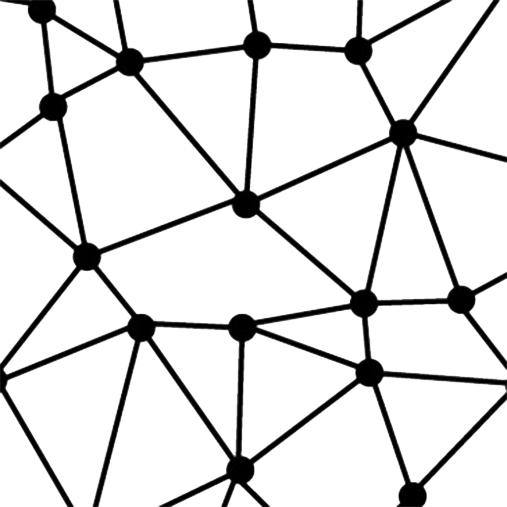ISEA workshop blog: ‘The Museum of Ordure’ by Bilyana Palankasova
The Museum of Ordure’s Mission is to examine:
- The cultural value of ordure, shit, rubbish.
- The waste of human resources through various ownership, production, and management regimes.
What is shit for some, has value for others.1
The Museum of Ordure was a project by Stuart Brisley, Geoff Cox and Adrian Ward. It is a self-institution concerned with the management of human waste, the mandate for clean and proper language and the Internet as “an image dump”.2


